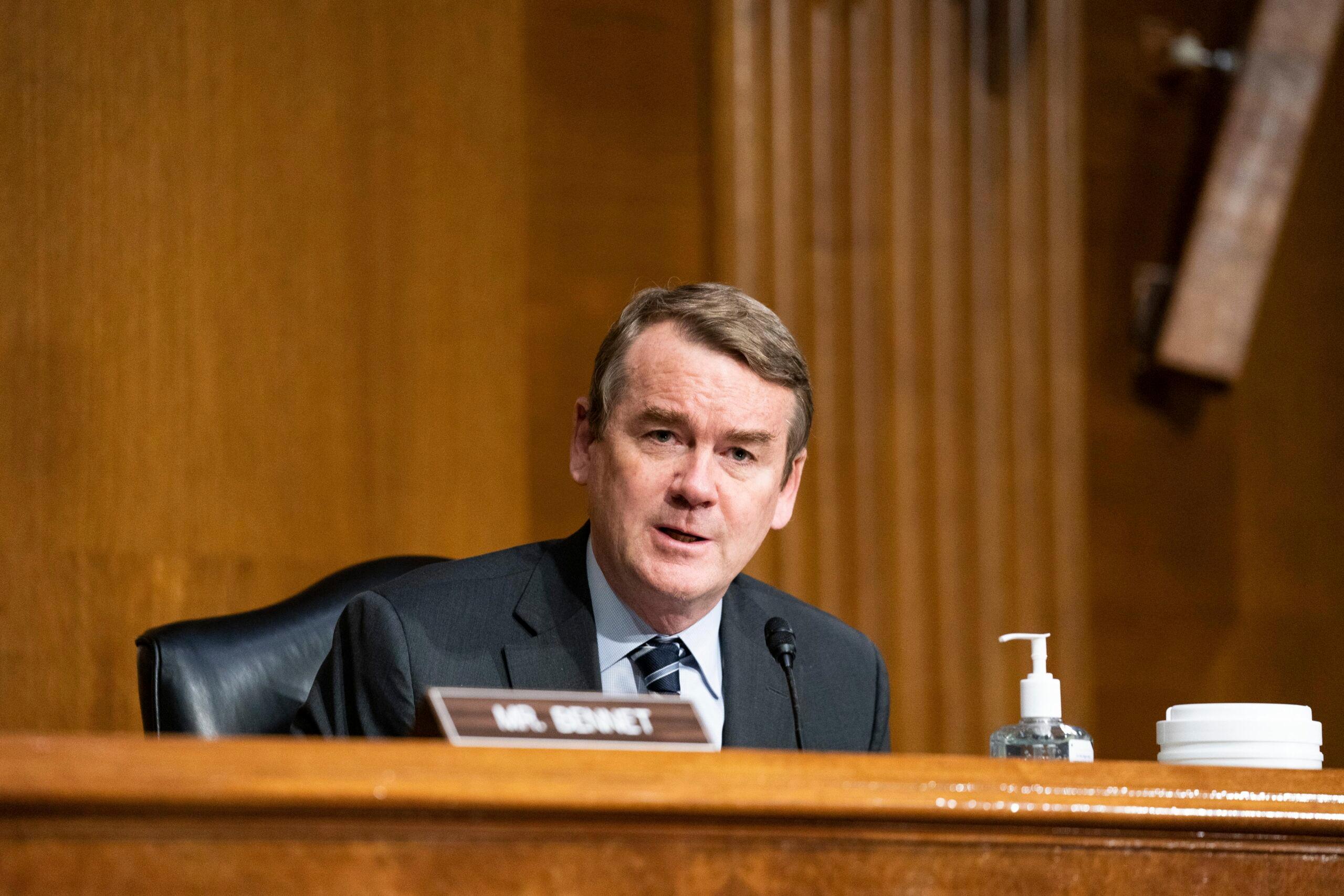
Gov. Jared Polis wrote Congressional leaders about their budgetary legislation this week, but his interest wasn’t in finances — it was in immigration.
Polis asked them to create a “pathway to earn citizenship for hardworking aspiring Americans who have helped our country step up to the challenges of the last year and a half.”
This push comes as some Senate Democrats are considering whether to try to include immigration reform in the $3.5 trillion budget reconciliation package they’re currently drafting. The idea being floated would include funding for a pathway to legal status for certain groups, like DREAMers or immigrants with temporary protected status.
“I have always been a strong believer that we are a nation of laws and a nation of immigrants. That is why we must build an immigration system that is humane and orderly and rooted in justice and enforceability,” Polis wrote. “To ensure that, I urge you to act now on comprehensive immigration reform including a pathway to earn citizenship through the reconciliation process.”
On Friday, a federal judge in Texas ruled that former President Barack Obama acted beyond his authority in setting up DACA, the program that protects eligible young undocumented immigrants from deportation, and ordered the government to stop approving new applications. The case is expected to be appealed, but the ruling adds new urgency to the question of whether the Senate will move forward with something.
Even before the ruling, Polis wasn’t the only one seeing an opportunity at this moment. The Colorado Immigrant Rights Coalition (or CIRC) also supports this push.
“Our communities have waited for decades for this and they cannot wait any longer. Congress must seize this opportunity to act,” said Lisa Durán, CIRC’s executive director.
Sen. Michael Bennet has been involved in past bipartisan attempts to reach an agreement on immigration reform. Using the budget process would allow Democrats to get the measure through the Senate without requiring any Republican votes.
“Sen. Bennet is very supportive of moving immigration measures forward in any way we can, including through a reconciliation package,” a Bennet spokesperson said.
One key moderate, West Virginia Sen. Joe Manchin, also told reporters this week he’s fine with the inclusion.
“I’m a 2013 immigration supporter, so you can look at the 2013 bill. I thought that was a great bill then. I thought if we had that bill then we wouldn't have all the problems we have today,” Manchin said.
Colorado Sen. John Hickenlooper said earlier this week that he still wants to see the details in any plan this year.
“Getting our immigration reform — certainly in terms of DREAMers — that should be foundational to all of our progress,” he said.
Republicans have signaled their opposition to including immigration issues in the reconciliation package.
Texas Sen. John Cornyn, who’s been a part of a bipartisan group tackling immigration with little success, told CNN that his GOP colleagues will not support a unilateral approach.
“There's a reason we haven't been able to deal with it most of the time since I've been here in Congress. So, if they decide to do it that way, then they'll own it," he said.
But even if immigration isn’t in the final reconciliation deal, Democrats will be on their own, regardless. No Republicans are expected to vote for the $3.5 trillion package that includes universal pre-k, expanded Medicare benefits, a civilian climate corps and other proposals from President Joe Biden’s American Families Plan and American Jobs Plan.
Ultimately, the final say on whether immigration proposals will be included doesn’t rest with Senators, but with the Senate parliamentarian. Under the Byrd rule the Senate cannot consider extraneous matters as part of reconciliation. She will have to rule on whether immigration meets that standard.
Earlier this year, the parliamentarian ruled against including a federal minimum wage hike in the American Rescue Plan, the last coronarius relief package that also passed through the budget reconciliation process.
CPR’s coverage of Colorado’s congressional delegation focuses on accountability and on providing information constituents need to live their lives. Read more about our priorities here.









